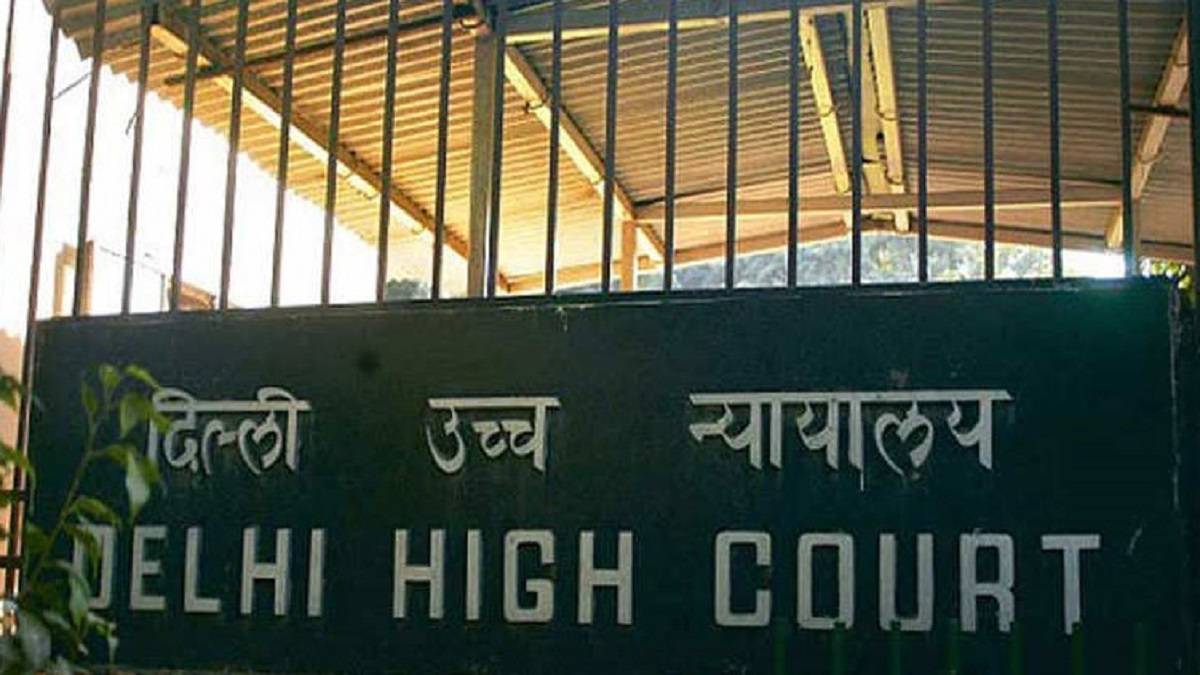Delhi High Court Rules Law Students Cannot Be Barred from Exams Over Low Attendance
The HC directed that the BCI must carry out the orders within three months as the court will review progress in February 2026.
The Delhi High Court has ruled that no law college in India can stop a student from writing semester exams or force the student to repeat a year because of low attendance. The court has issued order to all the law schools, universities, and Bar Council of India (BCI) to follow new rules that put student welfare first.
The case began after the death of Sushant Rohilla in 2016. He was 21 years old and in his third year at Amity Law School, Delhi. On August 10, 2016, he took his own life. His family said the college did not let him write exams and made him repeat the year due to attendance issues. They also said teachers shamed him in front of classmates. The Supreme Court took notice in 2016 after a letter from his friend. The matter came to the Delhi High Court in 2017.
Justices Prathiba M Singh and Amit Sharma while delivering the judgement said that no young life should be lost over attendance rules. The court has now closed the matter after giving clear directions to BCI and law colleges.

The court has ruled that students must be allowed to write exams and move to the next year even if attendance is low. Colleges can deduct up to 5% marks or 0.33 in CGPA for low attendance, but no more. Attendance records must be sent to students every week through online portals or apps. Parents must be informed every month if attendance falls short. Colleges have to arrange extra classes, either in person or online, to help students make up the hours. Attendance should support learning, and marks can be given for internships, moot courts, and practical work, as reported by Bar & Bench.
The court also ruled that every law college must set up a grievance committee with more than half the members being students. The UGC must change its rules to make this mandatory. All law colleges need full-time counselors and access to psychiatrists.
The BCI must discuss with students, parents, teachers, and UGC to revise attendance rules in line with the National Education Policy 2020. The minimum attendance may be reduced to 40%, with more value given to internships. The BCI must publish a list of internship options and ensure students from poor backgrounds get equal chance.
The court said biometric attendance and CCTV in classrooms are impractical and can hurt students.
More than 1.5 lakh students join law courses in India every year. Many face stress from strict attendance policies. This order aims to lower dropouts and reduce pressure. Government data shows over 13,000 students die by suicide in India each year.
The HC directed that the BCI must carry out the orders within three months as the court will review progress in February 2026.
Follow Shiksha.com for latest education news in detail on Exam Results, Dates, Admit Cards, & Schedules, Colleges & Universities news related to Admissions & Courses, Board exams, Scholarships, Careers, Education Events, New education policies & Regulations.
To get in touch with Shiksha news team, please write to us at news@shiksha.com


Abhay Anand is an experienced education journalist with over 15 years in print and digital media. Currently serving as Manager- Editorial at Shiksha.com, he specializes in higher education policy, student mobility,
Read Full Bio